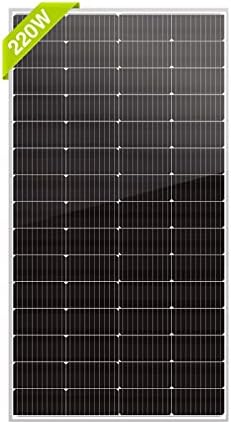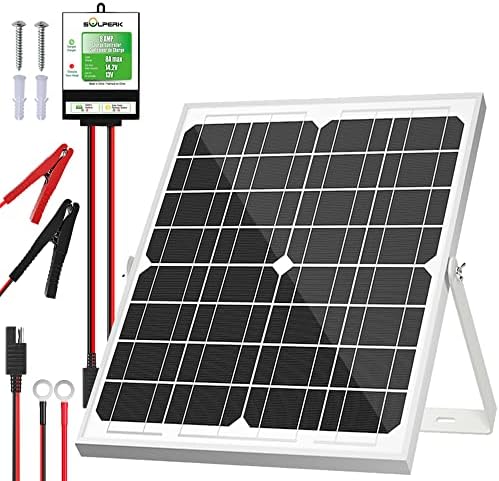Energy Independence: Why Off Grid Solar Systems are Gaining Popularity
Living off the grid has been a part of my life for many years now, and I have relied on renewable energy sources to power my home and live a sustainable lifestyle. One of the key elements of this lifestyle is the use of off grid solar systems, which have been gaining popularity in recent years. These systems allow individuals and families to generate their own electricity from the sun, reducing their reliance on traditional utility companies and helping to lower their carbon footprint. In this article, we will explore the reasons why off grid solar systems are becoming increasingly popular and how they can provide a reliable source of energy independence.
One of the primary reasons why off grid solar systems are gaining popularity is the increasing availability and affordability of solar panels and related technology. In the past, the high cost of solar panels and installation meant that off grid living was only accessible to those with significant financial resources. However, advancements in solar technology and increased competition in the market have driven down the cost of these systems, making them much more accessible to a wider range of people. This means that individuals and families who are looking to live off the grid can now invest in solar energy without breaking the bank, making it a much more viable option for those seeking energy independence.
Another reason for the growing popularity of off grid solar systems is the desire for self-sufficiency and independence. Many people are drawn to the idea of generating their own electricity and reducing their reliance on traditional utility companies. By investing in an off grid solar system, individuals and families can take control of their energy consumption and reduce their environmental impact. This sense of independence and self-sufficiency is a major driving force behind the decision to invest in off grid solar systems, as it allows people to live in a more sustainable and ecologically friendly manner.
In addition to the financial and environmental benefits, off grid solar systems also offer a high level of flexibility and adaptability. These systems can be installed in a wide range of locations, from remote off grid cabins to suburban homes, and can be customized to meet the specific energy needs of the individual or family. This means that no matter where you choose to live off the grid, you can rely on solar energy to power your home and enjoy the benefits of energy independence. Additionally, off grid solar systems can be expanded or upgraded over time, allowing for a greater level of energy production and storage as needed. This flexibility is a major advantage for those seeking to live off the grid, as it ensures that their energy needs can be met regardless of their location or circumstances.
Pro Tips:
1. When choosing an off grid solar system, be sure to carefully assess your energy needs and select a system that can meet those needs. Consider factors such as the size of your home, the amount of sunlight available in your location, and your typical energy consumption.
2. In addition to solar panels, consider investing in energy storage solutions such as batteries or generators to ensure that you have a reliable source of power at all times, even when the sun is not shining.
Overall, the growing popularity of off grid solar systems can be attributed to a combination of factors, including affordability, self-sufficiency, and adaptability. As more people seek to live off the grid and reduce their environmental impact, these systems provide a reliable and sustainable source of energy that can meet the needs of individuals and families in a wide range of circumstances. Whether you are looking to reduce your reliance on traditional utility companies, lower your carbon footprint, or simply enjoy the freedom of energy independence, off grid solar systems offer a compelling solution that is only continuing to gain popularity.



